.
.
“The Hidden Garden,” a story by Con Chapman, was a short-listed entry in our recently concluded 60th Short Fiction Contest, and is published with the consent of the author
.
.
___
.
.
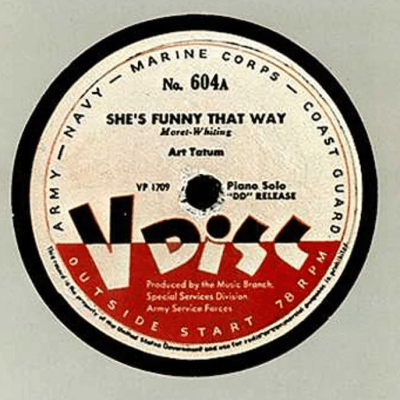
.
The Hidden Garden
by Con Chapman
.
….. She was the one who moved out, to a studio apartment on the back side of Beacon Hill that looked north so it only got direct sunlight for half a day during the summer. Rob felt bad about it but it had to be that way. They argued all the time, and he could afford to pay the rent on the one bedroom with the big great room—that’s what she called it—on the sunny side of the hill and she couldn’t, not by herself. That apartment looked north, too, but it had windows on two sides at least, so you got some sun in the winter.
….. He wondered why she chose to live so close, and flattered himself that she really didn’t want to break up, but still he promised himself that he wouldn’t get back together with her. Maybe it was the lack of sunlight that makes her so depressed, he thought, and if so moving to the back side of the hill—where the Blacks and the servants to the Boston Brahmins used to live—wasn’t going to help.
….. At least she had a view of one of the hidden gardens, the enclosed spaces within city blocks where some grass and flowers could grow. Maybe that will help her get out of her funk and find somebody else, he thought. He was sorry they had ever lived together in the first place, it seemed like something calculated on her part the way things had ended up as he looked back on it.
….. He had told her he was moving to Boston and asked if she wanted to come live with him and she’d said no, so he’d gone ahead and made arrangements to live with two other students. Then she had changed her mind—just like her—and what was he supposed to do?
….. He told her she could come live in his bedroom, but Hank, the guy whose name was on the lease, eventually put his foot down. He didn’t even give them the chance to pay half the rent instead of a third–she had to leave. Hank was like that, a real straight arrow, and he didn’t like having to get dressed before he went down the hall to the bathroom, he said.
….. Rob had stewed about it for a week or so, then told Hank he’d move out too, to where she’d gone. No sweat off my balls, Hank had said, and that day had been just about the happiest he’d ever seen her when he drove through the snow to her new apartment with his car loaded up with his stuff. She gave him a big hug when he opened the door, it was like a commercial it was so commonplace, she who did everything she could to keep the common out of her life.
….. Then he graduated and got a real job, and they could afford her dream apartment; old bricks that looked like old money and class and culture, or at least it appeared that way. A quaint little neighborhood with a café around the corner where you could get a croissant on Saturday morning and a bookstore down the street. The bedroom was in the basement but you got sun through the window upstairs and a view of the Common. History so thick you could hit it with a stick, he thought at the time, but he liked it too.
….. The next year they moved up a notch to the place next door, the one she moved out of, which looked out on the alley. They’d had it with sleeping in the basement, with the pipes hissing and clanging all night; they were both making more money and could afford something better. It had a Franklin stove—not a real fireplace—but it warmed the place up and she got a cat. She named it Hodge, after Samuel Johnson’s cat. The story was that when cat’s meat pies became popular in London people’s cats began to disappear and Johnson would look down at his cat and say “They’ll not have Hodge!” That went over big with her friends who worked at the public television station.
….. They divided up the record albums and he wasn’t sorry to see any of hers go although he liked her harpsichord music. She, on the other hand, got all sentimental that she wouldn’t be able to listen to his jazz, and actually started to cry. He put his arm around her and said “I’ll make you some tapes,” and so he had, which he brought over as soon as she was settled in and had furnished the place.
….. “It’s mainly piano,” he said. “Only the best.”
….. “Like who?” she asked.
….. “A lot of Art Tatum. He’s the Mt. Everest. And some Oscar Peterson, he’s the K2.”
….. That was a joke that went right past her. Her public TV friends had trekked the Himalayas on their honeymoon, and you couldn’t get through a dinner party with them without hearing about it. They wore those stupid Sherpa hats when they got back and would show the slides of the pictures they had taken with their expensive cameras, and the wife was always going on about “her Sherpa.” One night she got started about how she’d lost her Sherpa at one point going up some rock face, and he’d said “The dingos took your Sherpa.” They were very literal-minded people, and he’d had to explain the reference to them, which killed the joke. That kind of stuff was always happening with her friends—they didn’t understand him.
….. She thanked him and put the tape on, and they had a little dinner together, ratatouille and a frittata. She said she’d become a vegetarian now that she wasn’t living with him, and he said he hoped she’d keep her strength up. She was thin and pale, especially during the winter. He wanted to break things off but he still cared about her.
….. When he got up to leave it was like an interview was over it was so awkward. Here they’d been living together for almost five years, and now they were just friends.
….. “Well, uh, call me if you need anything,” he’d said.
….. “I’ll be fine,” she said.
….. “This side of the hill isn’t as safe as the sunny side,” he said.
….. “Uh, we had two attempted break-ins when we lived on Beacon Street—remember?”
….. “Right.”
….. “While we were in the apartment.”
….. “I know, but still. The streets are darker back here. You could get mugged.”
….. “Thanks,” she said, and she gingerly put her arms on his shoulders and kissed him. It was like the first time they’d kissed on New Year’s Eve, six years before; light and chaste, and all the more poignant for that.
….. After that they didn’t see each other much. He had to break the news to the landlord that he wanted out of the lease and the old man, a Catholic from Belgium, reminded him what they had told him when they rented the place. They’d bought cheap rings at a dime store to make it look like they were married since the agent had told them the guy wouldn’t rent to those who were just living together. “So—unh, unh, unh, unh?” the landlord had asked as he made the sign of the cross.
….. “Right,” he had said then, while she remained silent.
….. “So you are getting divorced,” the landlord now said skeptically, shaking his head.
….. “Yes,” he said. “So I want to sublet.”
….. “You will remain liable for the seven months left on the lease,” the landlord had said. “You can advertise—I will not place it with an agent since I have already paid one fee—but I must approve any new tenant you find.”
….. It hadn’t taken him long; he found a guy who moved up from New York who wore a sport coat and a club tie with pheasants on it when he came to look the place over. His wife—a real one—had a little head band and a string of pearls hanging across her sweater. He didn’t tell them about the two attempted break-ins—one from the hall, then one a guy shining a flashlight into their bedroom in the back—and they took the place.
….. Rob would talk to her from time to time and she let him know that she’d bought a bike to go to work at Boston University; that she bought it at a bike shop where the owner was very nice to her—unlike him, was the implication–and how he’d fix it whenever she had a problem with it.
….. “You’re wearing a helmet, right?” he asked her one day.
….. “No—they make me look like a dork.”
….. “What’s your bike man have to say about that?”
….. She looked at him squarely, understanding that he was jealous. “He says he likes to see my hair blowing free.”
….. He got the point—the guy was in love with her, and was saying the kind of things to her that he’d said back when things were new between them. Wait ‘til he spends a winter with you, he thought to himself, but he said nothing.
….. “I had him over to dinner the other night,” she said, at first looking at him, then looking down.
….. “Why would you tell me that?”
….. “I don’t know. Just making conversation.”
….. If your definition of conversation was wanting to get back at somebody, he said to himself.
….. “I played the tapes you made me.”
….. “Oh.”
….. “I mean during dinner.”
….. “It’s good table music,” he said.
….. “That’s what I thought,” she said. “He . . . made a crack about it.”
….. “What kinda crack?”
….. “He said it was cocktail music—something you’d hear in a piano lounge.”
….. “If he was serious he’s an idiot.”
….. She looked at him for a moment. “That’s what I told him.”
….. “You did?”
….. “More or less. I asked him if he knew who it was and he said no. So I told him it was Art Tatum, the greatest jazz pianist who ever lived.”
….. He looked at her to see if she was serious or making fun of him. She was smiling just a little, as if embarrassed.
….. “Where’d you pick that up?”
….. “From you.”
….. He took a moment to absorb this. “Well, uh, thanks for sticking up for my taste.”
….. “I meant it,” she said as she lined up her fork and knife at an angle across her plate now that she was done. “I have some sense of loyalty after spending some pretty important years with you.”
….. He looked to see if her cheeks were flushed, the usual sign that she was about to start crying. They weren’t.
….. “Well, they were important years for me, too,” he said.
….. “I’m glad you think so,” she said as she got up to take their dishes to the little sink in the corner of the apartment. “Anyway, good taste in music isn’t the most important thing in a man.”
….. He glanced at her sidewise, without turning his head, and noticed she was looking out the window, at the hidden garden outside.
.
.
___
.
.

Con Chapman is a Boston-area writer, author of Rabbit’s Blues: The Life and Music of Johnny Hodges (Oxford University Press), winner of the 2019 Book of the Year Award by Hot Club de France. His work has appeared in The Atlantic, The Boston Globe, The Christian Science Monitor and various literary magazines. His book on jazz of the Southwest, Kansas City Jazz: A Little Evil Will Do You Good, will be published in 2022.
.
.
Listen to Art Tatum play “She’s Funny That Way”.
.
___
.
.
Click here to read “Thrush” by Owen Duffy, the winning story in the 60th Jerry Jazz Musician Short Fiction Contest
Click here to read “His Second Instrument,” by Dave Wakely, the winning story in the 59th Jerry Jazz Musician Short Fiction Contest
Click here to read “Sketch in ‘D’ Minor,” a short story by Estelle Phillips
Click here to read “A Collection of Jazz Poetry — Summer, 2022 Edition”
Click here for information about the upcoming Jerry Jazz Musician Short Fiction Contest
.
.
.








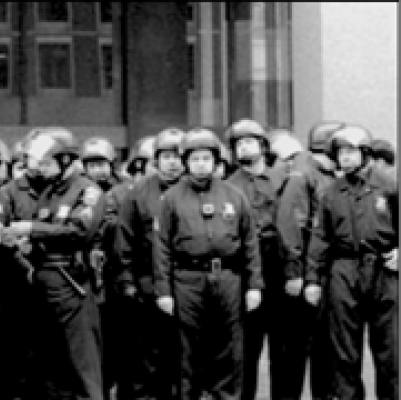
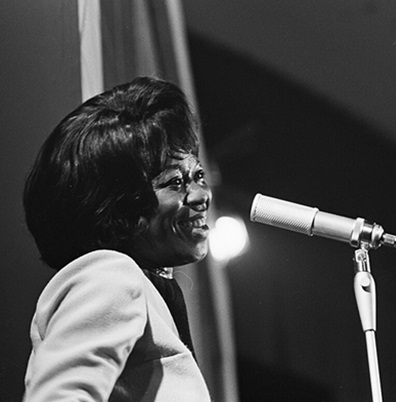












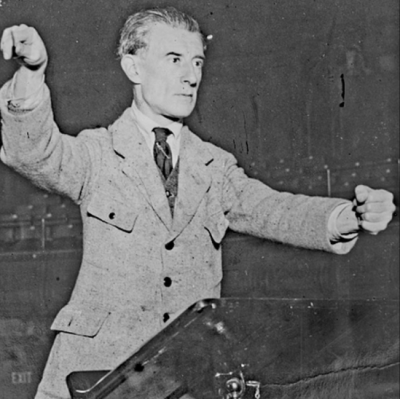

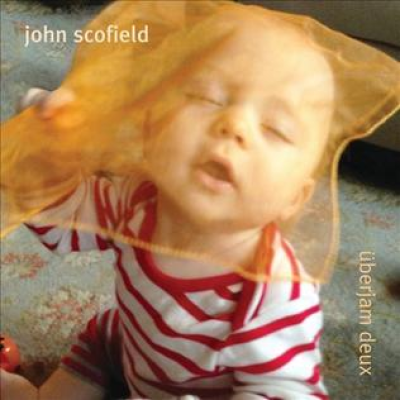



















One comments on ““The Hidden Garden” — a short story by Con Chapman”